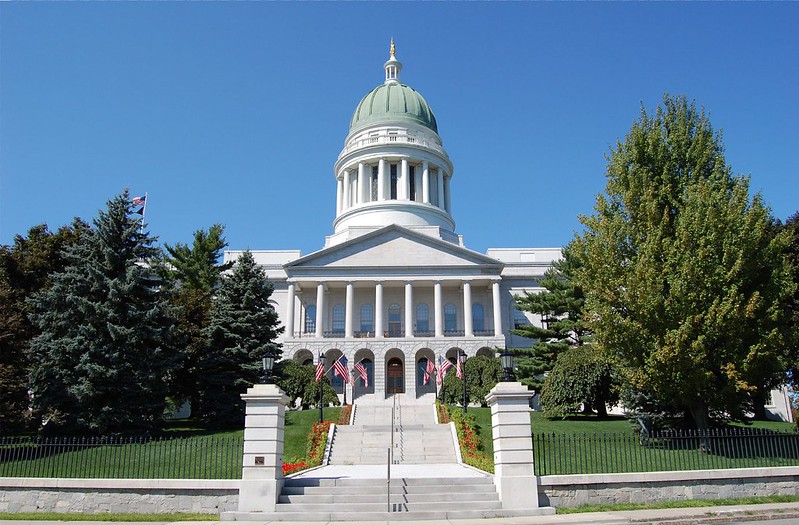
The Paycheck Protection Program (PPP), created in March 2020 as part of the CARES Act, was meant to help businesses retain workers and avoiding permanent closure amid government-mandated lockdowns. PPP loans issued to businesses were forgivable and not subject to federal income tax, so long as 60% of the loans went to keeping employees on the payroll. In some states, however, employers now face the prospect of being hit with higher state taxes as a result of accepting federal relief.
Businesses like Macromatic Industrial Controls in Wisconsin used PPP loans to help keep their workers employed. With taxes due this spring, the company’s president Steve Sundlov had been raising concerns about PPP loans being taxed by the state.
“The PPP money was again presented to us as tax-free money, and those were the rules that we were give,” Sundlov said, adding that “now, it seems like the rules are changing and that’s very difficult to deal with.”
Though it had originally appeared as though Governor Tony Evers (D) was going to subject PPP relief to state taxation, after increasing pressure from the Republican-controlled Wisconsin legislature, Gov. Evers agreed last week to sign into law a bill exempting PPP loans from state income tax.
The prospect of state taxation of PPP loans that Wisconsin lawmakers rectified last week is a problem that’s not limited to Wisconsin. While it was good to see Governor Evers make the right decision, the threat of state taxation of PPP loans continues to hang over employers in many other states. Governors and legislators in a number of states still need to take action to ensure businesses are not subject to higher state taxes on account of their utilization of pandemic aid authorized under the CARES Act.
Unless state legislators in Georgia, Kentucky, Maine, and 16 other states take action soon, PPP relief aid that businesses received during the pandemic will be subject to state taxation because state lawmakers declined to exempt PPP loans as taxable income and disallowed expense deductions. The good news is that legislators in some of those states are in the process of taking such action.
Meanwhile in Maine, the Democrats who run state government seem less concerned about protecting businesses from surprise tax bills on their PPP relief aid. Gov. Janet Mills (D) introduced an executive budget on January 25, 2021 that did not exempt forgiven PPP loans from state income tax. The Governor argued that by taxing this relief aid, the state could get an additional $100 million revenue shortfall on top of the windfall of additional federal revenue that Congress is about to send.
After public backlash, Gov. Mills announced that she would look towards additional aid from the federal government to avoid taxing PPP funds, which the state is sure to get as part of the $1.9 trillion spending package now working its way through Congress.
While efforts to exempt PPP aid from state income tax are encouraging and necessary, lawmakers in many states still need to approve conformity legislation before taxes come due this spring. While Mr. Sundlov’s worries that he will “owe tens of thousands of dollars in income tax” have abated thanks to the prudent action recently taken by Wisconsin lawmakers to conform with the CARES Act’s tax exemption for pandemic relief funds, thousands of other small businesses across the U.S. still face the prospect of unexpected state tax bills. Unless lawmakers in those states act soon, some employers might have to resort to the sort of payroll reductions that PPP loans and the other liquidity enhancing provisions of the CARES Act were designed to prevent.

